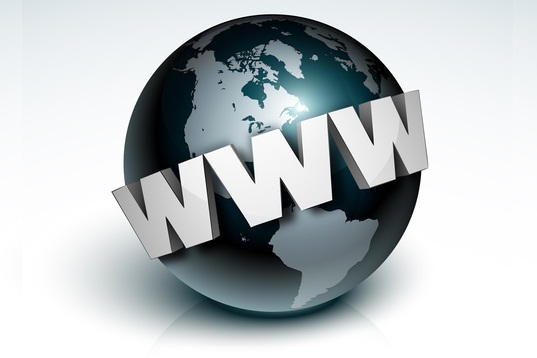

China, Russia and others have withdrawn controversial proposals at the World Conference on International Telecommunications (WCIT) 2012 that would have given them greater control over the Internet, following a public backlash from dismayed onlookers.
A leaked document from WCIT had indicated a number of nations, also including the United Arab Emirates (UAE and Saudi Arabia, wanted to have more power over the Web’s laws and infrastructure. Much of the power over the working of the Internet currently lies with US bodies.
A spokesperson from the ITU confirmed to TechWeekEurope the proposals were now “off the table”. They were at a loss as to why the nation states, who handed their proposals to the ITU on Friday, had pulled out.
According to a source at the conference, the ITU is saying the document was never officially put forward.
The leaked document, entitled ‘Proposals for the Work of the Conference’, indicated China, Russia, UAE, Saudi Arabia, Algeria, Sudan and Egypt all wanted to be granted greater control over the Web. However, Egypt issued a statement over Twitter distancing itself from the proposals.
“Member States shall have the sovereign right to establish and implement public policy, including international policy, on matters of Internet governance, and to regulate the national Internet segment, as well as the activities within their territory of operating agencies providing Internet access or carrying Internet traffic,” read the document published by Wcitleaks.
The group of nations said member states should have equal rights to manage all naming, numbering and addressing on the Internet, which would indicate they want to see some of the power wrested from the US in terms of technical management of the Web.
The US currently decides on who runs the Internet Corporation of Assigned Names and Numbers (ICANN). ICANN runs some of the key infrastructure of the Web, such as domain name assignment and is one of the most important bodies involved in the running of the Internet.
Attendees at the conference have until this Friday (14 December) to decide on what proposals will be accepted and made into international law. However, even when they are drafted into law, nation states will not be compelled to follow the rules, they will only be expected to enforce them in their own regions. Over 900 proposals have been put forward so far.
The conference has attracted plenty of negative press, as major organisations like the European Union and Google have launched campaigns raising concern over increased government control over the Web.
Last week, reports claimed the ITU website had come under attack, with more hits planned in the coming days. Hacktivist collective Anonymous has been vocal about its qualms with the meeting.
One of the biggest concerns surrounding the ITU conference is the lack of input from non-governmental sources. The Internet Society (Isoc) has been vocal about the need to represent citizens.
“Ultimately, one of the greatest benefits of the Internet is its potential to ensure that all citizens of the world have the same opportunities to participate in public life,” a blog post from Isoc read. “As we celebrate Human Rights Day on December 10, let’s seize this moment to remember the opportunities and challenges raised by the Internet for the ability of all stakeholders to have their voices heard.”
Campaigning group Avaaz launched a petition on Friday calling on the ITU to “reject any changes to current Internet regulations that would weaken or alter the free and open nature of the Internet”.
“We also demand that any proposed changes to current international Internet regulations be publicly debated, and subject to citizen input and approval.”
Can you look after your personal data online? Take our quiz!
New chapter for famous name from Internet's early days, Napster, has been acquired and will…
Solving not-spots? Ofcom proposal to make UK the first European country to allow ordinary smartphones…
Pioneering robotaxi service from Alphabet's Waymo to go live in Washington DC next year, as…
Dozens of Chinese firms added to US export blacklist, in order to hamper Beijing's AI…
Chinese rival BYD overtakes global revenues of Elon Musk's Tesla, as record number of Tesla…
Messaging app Signal in the headlines after a journalist was invited to a top secret…